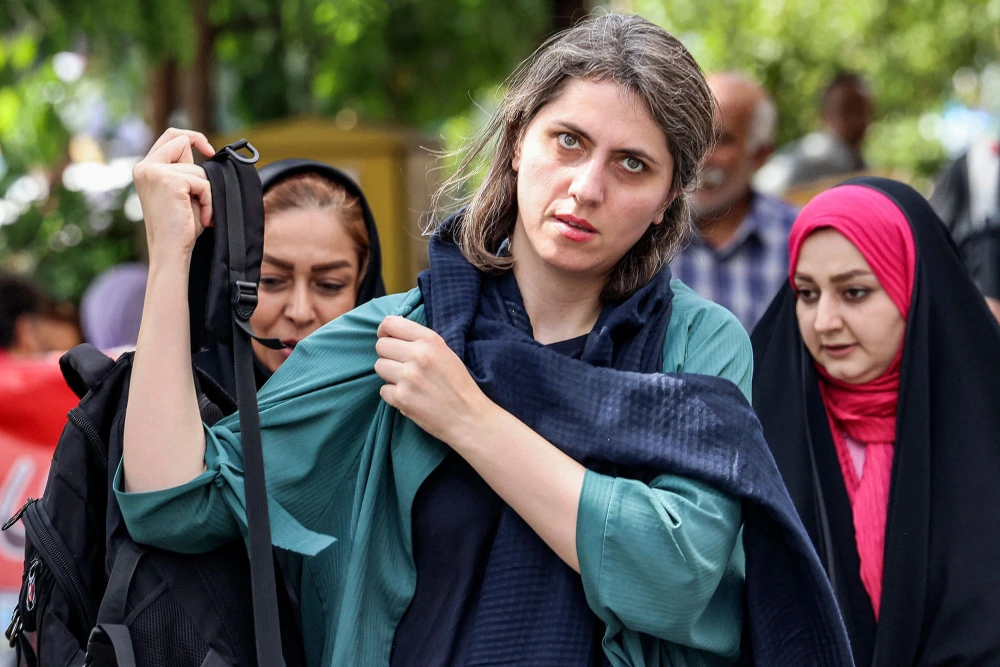Iran’s government has made a significant decision to halt the enforcement of a stricter headscarf law temporarily.
This law, which proposed harsher punishments for women in Iran who defy hijab regulations, had sparked widespread opposition from both within the country and internationally.
The law, which was passed by the Iranian parliament, aimed to enforce stricter hijab regulations on women.
It proposed harsher punishments, including fines, imprisonment, and even the death penalty, for women who failed to comply with the regulations. The law also allowed authorities to access private surveillance footage and encouraged citizens to report non-compliance.
Moreover, the law targeted businesses that served women who didn’t comply with hijab regulations. These businesses could face fines, imprisonment, and closure.
The law was seen as a major setback for women’s rights in Iran, where women have been fighting for greater freedom and autonomy.
However, President Masoud Pezeshkian opposed the legislation, warning that it could lead to more protests like those in 2022. In 2022, widespread anti-government protests erupted across the country after Jina Mahsa Amini died in police custody.
Amini, 22, died on September 16, 2022, after being arrested by Iran’s morality police for allegedly violating the country’s strict dress code.
Amini’s death sparked widespread outrage and protests across the country, with many Iranian women defying mandatory hijab rules under the slogan “Woman, Life, Freedom.” The protests, which were largely led by women, called for greater freedom and autonomy for women, as well as an end to the mandatory hijab laws.
The decision to pause the law’s enforcement is a significant win for women’s rights in Iran.
Vice President Shahram Dabiri announced that the law will be reviewed again by the political leadership and the National Security Council. This move is seen as a response to growing resistance against the mandatory hijab rules, which has been gaining momentum since the 2022 demonstrations.
The pause on the law’s enforcement is a major victory for women’s rights activists in Iran, who have been fighting for greater freedom and autonomy.
The move is also seen as a sign of the government’s willingness to listen to the concerns of its citizens and to respond to their demands.
However, it remains to be seen whether the law will be revised or scrapped altogether. Women’s rights activists in Iran are cautiously optimistic about the move, but they are also aware that the struggle for greater freedom and autonomy is far from over.
In conclusion, the decision to pause the law’s enforcement is a significant win for women’s rights in Iran. It is a sign of the government’s willingness to listen to the concerns of its citizens and to respond to their demands. However, the struggle for greater freedom and autonomy is far from over, and women’s rights activists in Iran will continue to fight for their rights.


